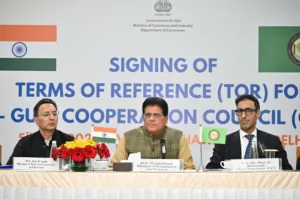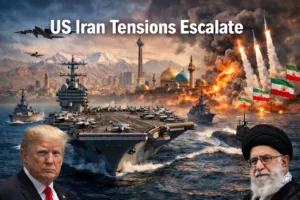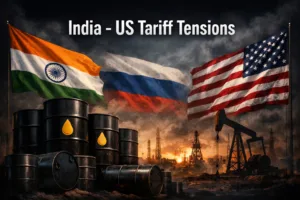The QUAD countries—Australia, India, Japan, and the U.S.—strongly oppose any unilateral actions that attempt to alter the current situation through the use of force or coercion. They emphasize the importance of maintaining the status quo without resorting to aggressive measures.
The foreign ministers of these countries have expressed serious concern about the ongoing situations in the East and South China Seas. They are particularly focused on the need for stability and adherence to international norms in these crucial maritime areas.
To support a rules-based maritime order in the Indo-Pacific, the QUAD nations plan to initiate a maritime legal dialogue. This dialogue aims to strengthen efforts to uphold international maritime laws and ensure that disputes are managed effectively.
The countries are committed to resolving maritime disputes peacefully and in accordance with international law. They stress that all parties should address their differences through diplomatic and legal channels.
In terms of the Israeli-Palestinian conflict, the QUAD countries support the establishment of a Palestinian state while taking into account Israel’s legitimate security concerns. They advocate for a two-state solution as a pathway to peace.
Additionally, the QUAD countries plan to enhance cooperation on cybersecurity and supply chain security, with a focus on critical sectors such as undersea cables. This cooperation is intended to protect these vital infrastructure elements from potential threats.
The QUAD nations are gravely concerned about North Korea’s activities related to weapons proliferation, including its use of cyber attacks and workers abroad to fund its illegal weapons and missile programs. They call for stronger measures to address these issues.
Finally, the QUAD countries underline the need to prevent conflicts from escalating and spreading within the region. They emphasize the importance of maintaining regional stability and avoiding further intensification of conflicts.
Bringing you the latest updates on finance, economies, stocks, bonds, and more. Stay informed with timely insights.

















Be First to Comment